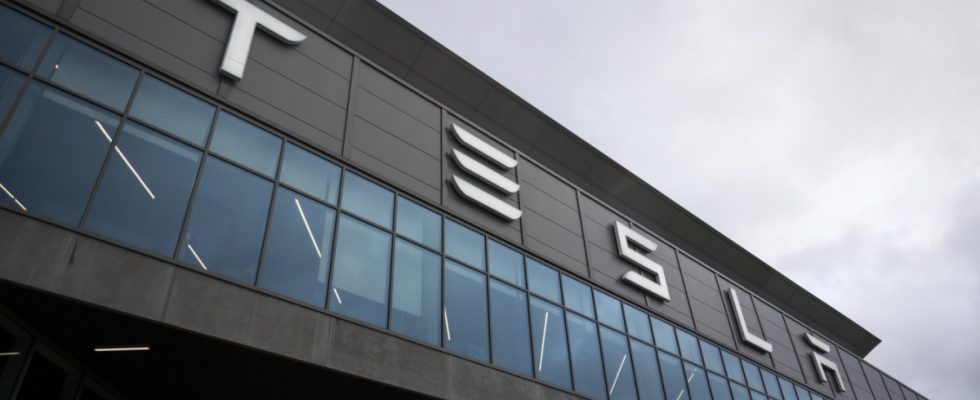The expansion plans for the car manufacturer Tesla’s factory in Grünheide near Berlin were rejected by the majority in a citizen survey. 3,499 residents voted no and 1,882 voted yes, as the community in Brandenburg announced. The vote is not binding for the community representatives; they are still deciding on the development plan for the freight station and logistics areas. Nevertheless, the vote is considered an important milestone.
Brandenburg’s Economics Minister Jörg Steinbach (SPD) also sees the rejection of the planned expansion as an opportunity. “It shows that people’s concerns and fears clearly outweigh them,” Steinbach told the German Press Agency on Tuesday. “I also see the vote result as a motivation for the community and Tesla to provide a conceptual answer to the concerns that have not yet been resolved in the next few weeks and months.”
Tesla is planning expansion – this would require 100 hectares of forest to give way
In addition to the 300-hectare factory site, Tesla wants to build a freight yard, warehouses and a company kindergarten on an additional 170 hectares. According to the car manufacturer, freight traffic could be relieved with the works station. It is also about more delivery security with storage space. Tesla recently had to suspend car production for around two weeks because parts were missing due to the uncertain situation in the Red Sea.
But more than 100 hectares of forest are to be cleared for the expansion, which is why conservationists and citizens’ initiatives are against the expansion. In addition, part of the site is in a water protection area. Around 5,400 citizens took part in the survey. According to the community, participation was over 70 percent.
Tesla plans to build more cars in Grünheide in the future and would also like to expand the factory on the existing site. Around 12,500 employees currently work there, who recently produced 6,000 cars a week – that’s the equivalent of 300,000 vehicles a year. The company wants to double production capacity from the current target of 500,000 cars a year to one million.

